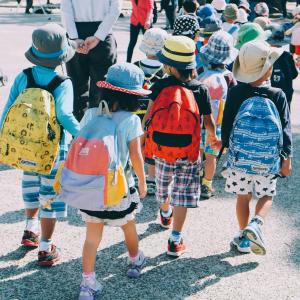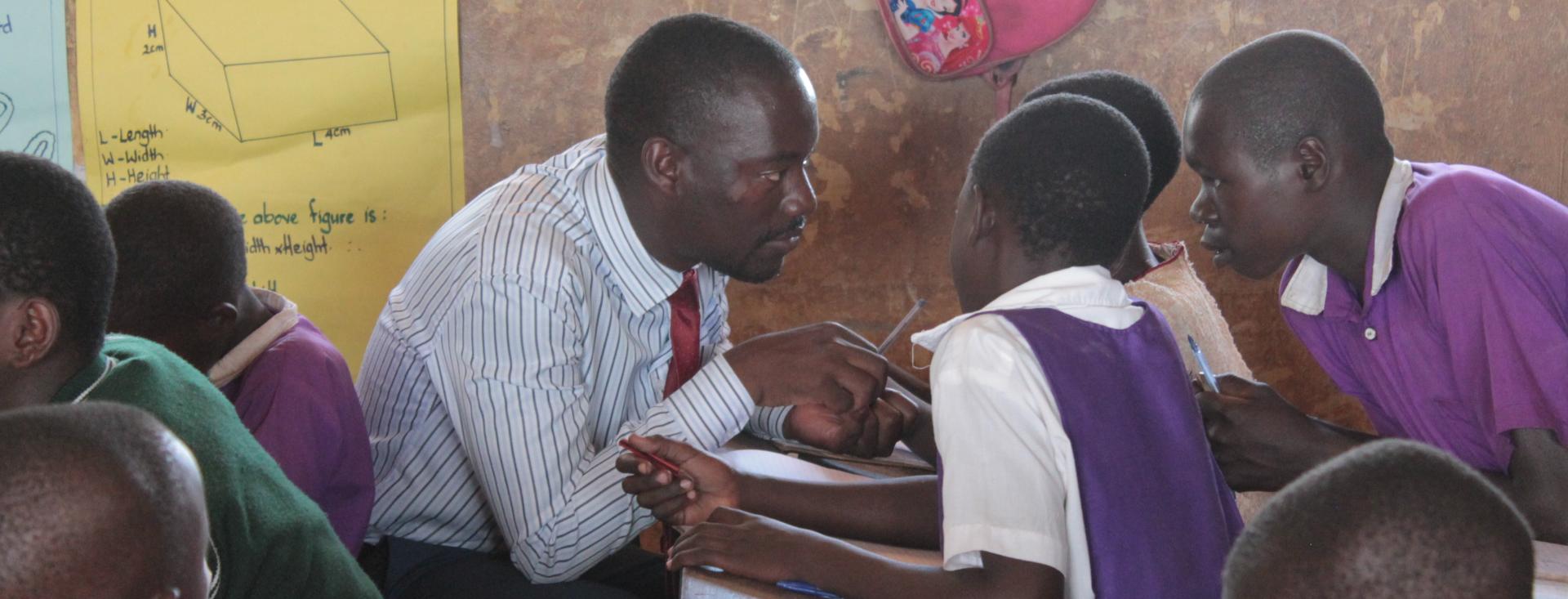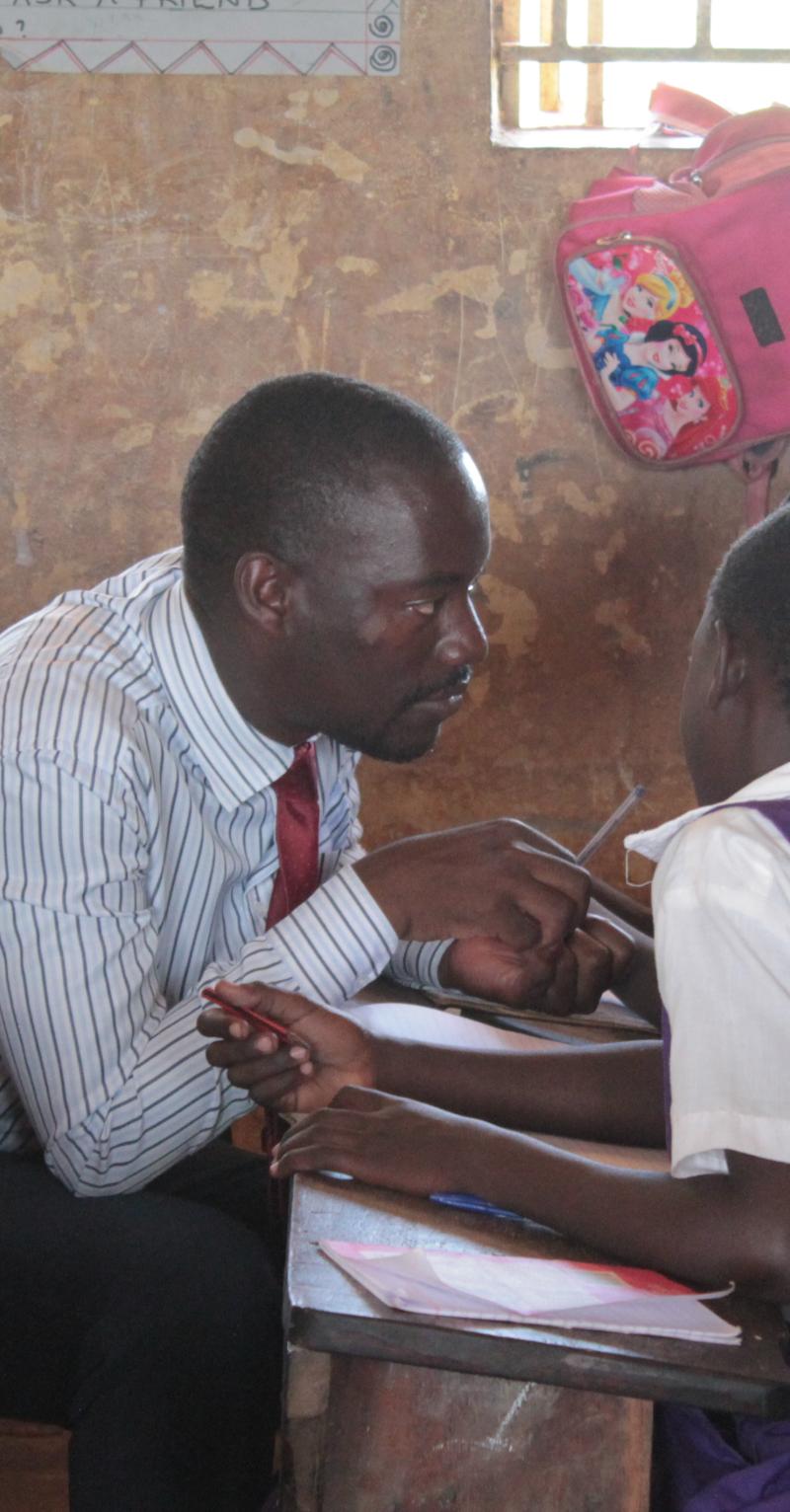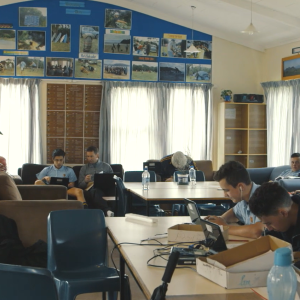Resources
To explore Inclusive Education at Teach For All, we have a co-created community called the Inclusive Educators Lab. This is a space within the Teach For All network for any teacher, educator, or teacher coach to come together to explore how to make classrooms more inclusive. We learn, discuss, reflect, and share best practices through our bi-monthly newsletter, virtual community calls, and online discussion hub. Sign up to join our community here.
Below, you will find a curated selection of case studies, Inclusive Education Fellowship project overviews, and resources to support you in exploring research-based best practices for inclusive education with a deep focus on Universal Design for Learning, metacognition, and culturally sustaining pedagogy.

Inclusive Education
Universal Design for Learning: A Teacher's Guide
This article highlights the purpose of Universal Design for Learning (UDL), what it looks like in the classroom, and the principles of UDL that emphasize learner variability. It also looks at how families can support student learning through UDL.
Inclusive Education
Metacognitive Strategies or “Thinking About My Thinking”
This article shares different types of metacognitive strategies for use in the classroom. Within this article are additional resources for students to reflect on their learning and for educators to use to promote metacognition in their classrooms.


